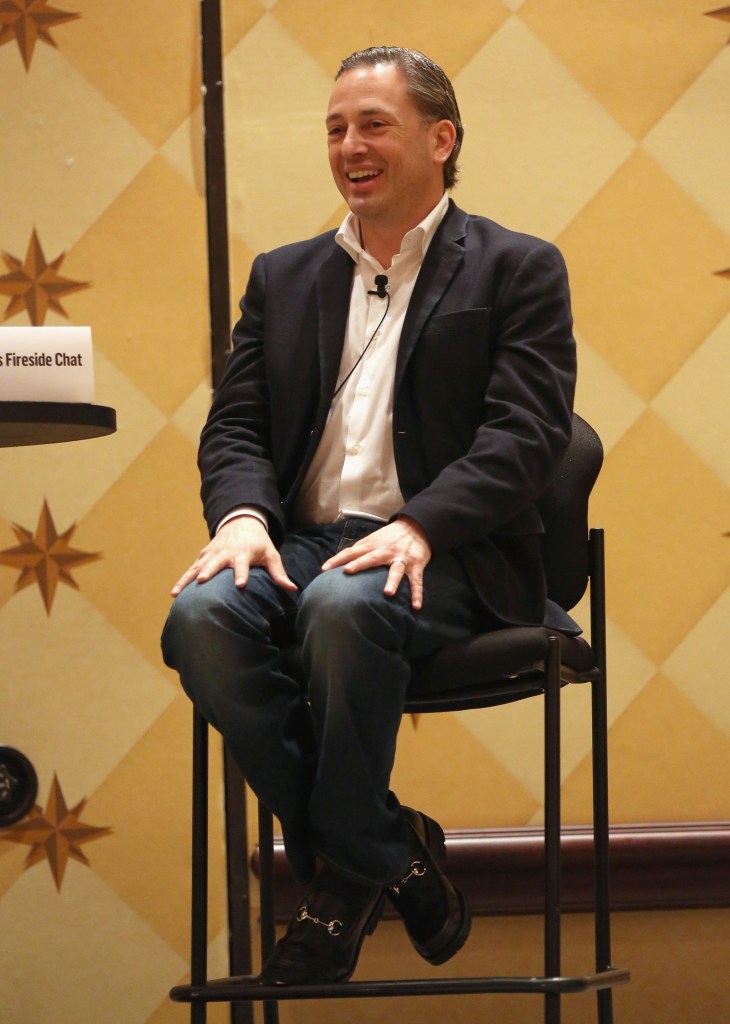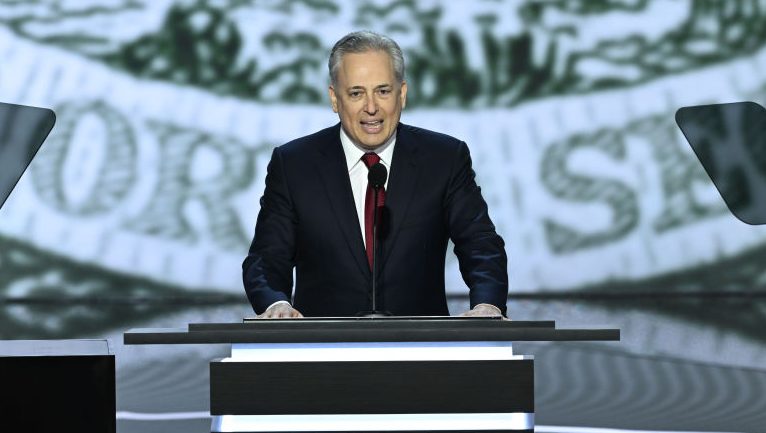David O. Sacks was nominated to be Donald Trump‘s White House AI and cryptocurrency czar in the Republican’s upcoming administration. As a well-known tech investor, entrepreneur, author and even film producer, Sacks has created a strong portfolio over the years. Thanks to his long-term financial success, Sacks increased his net worth over time.
Find out where Sacks’ net worth stands today and how he got rich.
What Is David Sacks’ Net Worth?
Sacks, who is married to his wife, Jacqueline Tortorice, has a net worth of $200 million as of 2024, according to several outlets.
How Is Net Worth Determined?
A person’s net worth is calculated by the total value of their assets minus the total value of their liabilities, per Bankrate. A public figure’s assets may include their home(s), vehicle(s), stocks, bonds and other personal items. Liabilities are what the person owes, such as loans.
How Did David Sacks Get Rich?

Sacks’ wealth resulted from multiple business ventures. Primarily, though, he stacked his earnings by investing. During a 2012 interview with SFGate, he explained his past COO position with PayPal. Sacks was part of the group known as the “PayPal Mafia,” which included founder Peter Thiel.
After working as PayPal’s COO (the company was acquired by eBay in 2002), Sacks produced the political satire film Thank You for Smoking.
“We created PayPal in three years, and we created a movie in three years,” he told SFGate. “They’re both great experiences, but PayPal is a billion-dollar outcome that today has over 100 million users and changes the world. You can achieve things in technology on a scale you can’t in movies.”
As the CEO of Yammer — the enterprise social networking platform — Sacks went on to explain the company’s goals, mission and more.
“Because the software is available through the web and doesn’t need to be installed means employees can make decisions for themselves about what tools make them more productive,” he pointed out. “We have finally figured out the model for getting inside the enterprise that a startup can execute.”
Sacks added that Yammer staff was also trying to solve “a lot of Dilbert problems,” which he defined as, “Most employees in a company don’t know very basic things like: ‘Who are my co-workers? What are they working on? How do I make a contribution?’”
In addition to being an executive for Yammer, Sacks previously made angel investments to highly profitable companies, such as Facebook, SpaceX, Uber and more.
Aside from his financial and technological advancements, Sacks is also the co-host of the “All In” podcast.
Read the full article here








